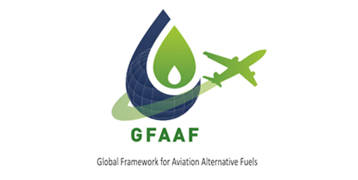An Experimental Insight into the Use of N-Butanol as a Sustainable Aviation Fuel
Fire
• Volume 7
(2024)
FEATURED BOOK
This study investigates the performance and environmental impact of n-butanol blended with Jet-A fuel in turbo engines, aiming to assess its viability as a sustainable aviation fuel (SAF). The research involves the experimental testing of various blends, ranging from low to high concentrations of n-butanol, to determine their effects on engine performance and emissions. The experimental setup includes comprehensive measurements of engine parameters such as thrust, fuel consumption rates, and exhaust gas temperatures. Emissions of sulfur dioxide (SO2), and carbon monoxide (CO) are also analyzed to evaluate environmental impacts. Key findings indicate that n-butanol/Jet-A blends can significantly enhance combustion efficiency and reduce emissions compared to conventional Jet-A fuel. Higher n-butanol concentrations lead to improved thermal efficiency and lower SO2 and CO emissions. This study underscores the potential of n-butanol as an SAF for turbo engines, highlighting its ability to mitigate environmental impacts while maintaining or improving engine performance. This research supports the feasibility of integrating n-butanol into Jet-A blends for turbo engine applications, emphasizing their role in achieving more environmentally friendly aviation operations.
butanol; kerosene; aviation; turbo engine; fuel; sustainability
2 total downloads



 Back
Back



